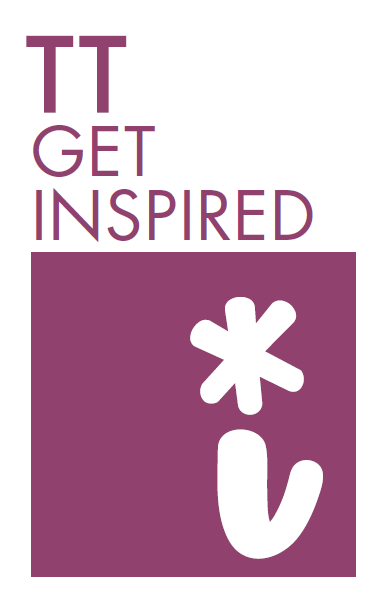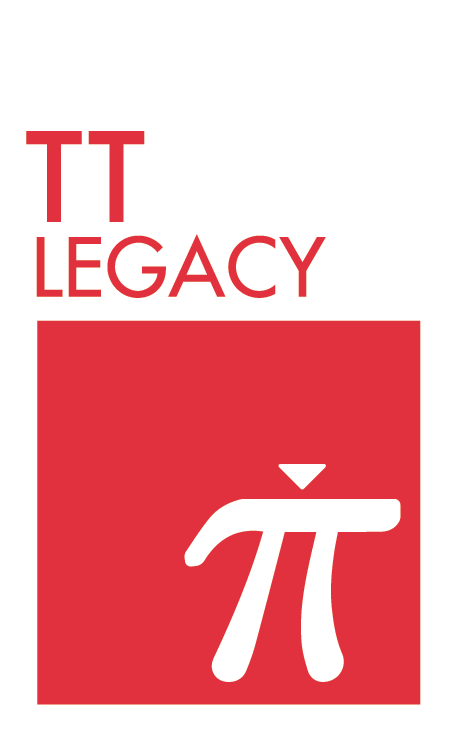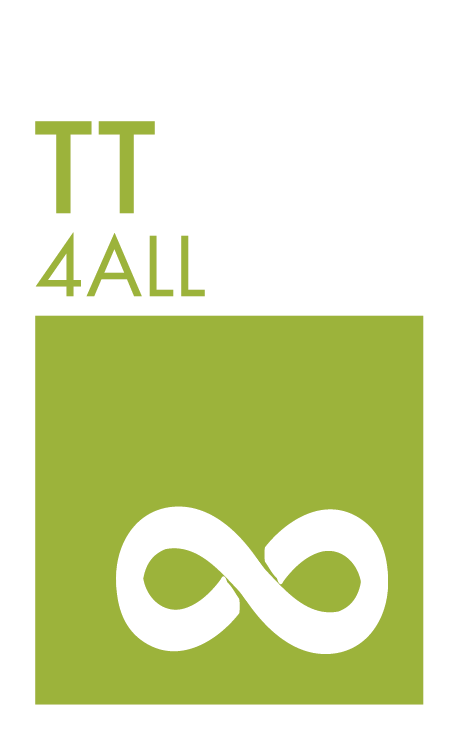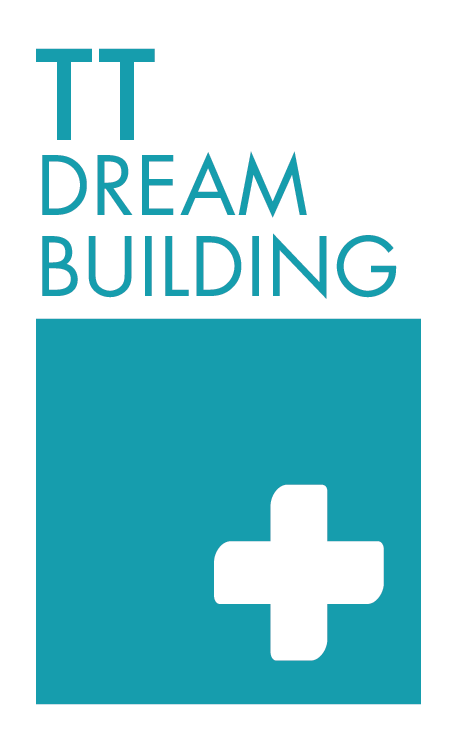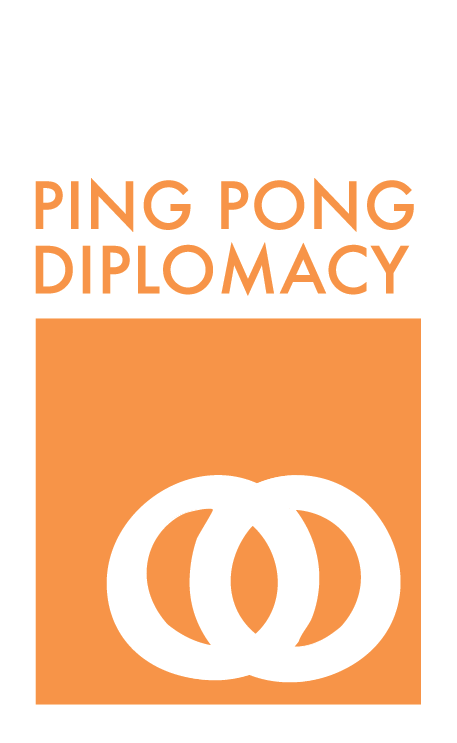Get inspired: TT Legacy
Get inspired:
Social, Economic and Environmental Sustainability through Table Tennis
Browse through our online library and be inspired by useful tips and best practises, which are related to our TT Legacy Programme. We are constantly working on adding content.
Please contact us in case you have useful documents you would like to share with others in order to play your part in making the table tennis lifestyle a sustainable one!
Sustainability News in Sport
Valuable links
Economic Sustainability
Manuals and toolkits

This is an overview of circular economy concisely explaining opportunities to benefit the environment, society, and business.
ELLEN MACARTHUR FOUNDATION: Introduction to the Circular Economy (2.3 MiB)

The toolkit is for the leaders that want to build purpose into their work, that want to generate more sustainable sources of income, and that want to extend or strengthen their model.
THE DRAGONFLY COLLECTIVE: Toolkit for Social Enterprise Models (1.2 MiB)

A guide for businesses of all sizes, and sectors, beginning to explore the opportunities to more effectively compete in a resource-constrained world and provides an approach to preventing waste.
NATIONAL ZERO WASTE COUNCIL: Circular Economy Business Toolkit (2.1 MiB)

The guide aims at communities and individuals with an idea who want to make the world a better place by showcasing the example of setting up a social enterprise in Ireland.
IRISH SOCIAL ENTERPRISE NETWORK: Social Enterprise Toolkit (3.9 MiB)
Valuable links
Environmental Sustainability
Manuals and toolkits

The guide informs sports marketers, sustainability practitioners and partners how to ideate, design, and manage fan engagement programmes that use operational sustainability systems to maximise fan behavioural and business outcomes.

A resource for sports facility operations to achieve efficient and responsible paper use by describing how to reduce your organisation’s impact on the environment and the world’s declining forests.

The guide helps sports facilities to develop an improved cleaning programme by reducing the health and environmental threats associated with cleaning sports venues.

The guide outlines challenges and opportunities to improve our sports event culture and to help our collective industry change the world..
COUNCIL FOR RESPONSIBLE SPORT: A Practical Guide to Hosting Radically Responsible Events (2.6 MiB)

This is the introductory guide to a series of practical guides for the Olympic Movement to provide a general understanding of sustainability.

The guide is intended to organisers to adopt more sustainable practises in sourcing of goods and services.

This is an overview of the various ways in which the IOC intends to further encourage, support, monitor and promote legacy in partnership with its stakeholders.
INTERNATIONAL OLYMPIC COMMITTEE: Legacy Strategic Approach (10.6 MiB)

The resource shows sports organisations and stakeholders how to join the climate action and provides support for sport to be an enabler for global climate change goals.
UNITED NATIONS CLIMATE CHANGE: Sports for Climate Action Framework (247.3 KiB)

The guide is part of series on sport and biodiversity and focusses here on development of new venues for sports and their impacts on biodiversity.

The resource identifies cross-cutting lines of work and illustrates the signatories’ engagement by presenting different types of environmentally responsible actions.
Valuable links
Social Sustainability
Manuals and toolkits

The guide presents the lifecycle of a MSE, showcasing elements of good practice to be integrated into the planning, delivery and legacy in order to ensure a rights-compliant event.
CENTER FOR SPORT AND HUMAN RIGHTS: The Mega-sporting Events Lifecycle (2.2 MiB)

The guide outlines steps sport bodies can take in order to build human rights into the governance of their organisations.
CENTER FOR SPORT AND HUMAN RIGHTS: Championing Human Rights (943.5 KiB)

The guide is intended to motivate all stakeholders involved in sports to actively engage in and protect the children's rights to education, play and sport.
UNICEF JAPAN: Children's Rights in Sport Principles (7.2 MiB)

The paper reviews initiatives by awarding bodies responsibly respecting human rights and highlights areas that need to be prioritised in regards to respecting human rights.

The guide provides teaching materials for sport management professors in order to address and discuss social issues and climate change in the classroom.
Valuable links
Navigation
Our Sponsors



